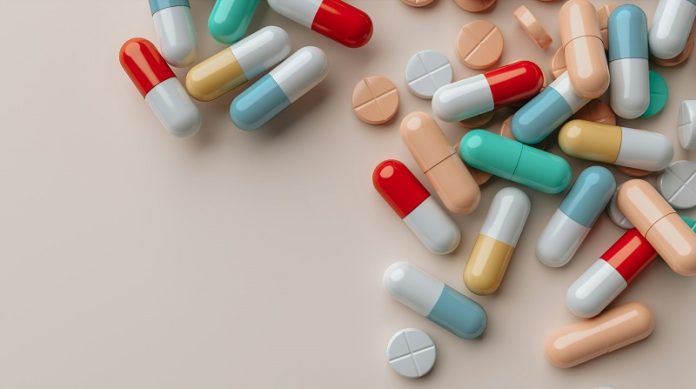
Diverticulosis is a health condition where small bulges or pouches form in the wall of the intestine. This often happens as people age. For many, it causes no problems, but in some cases, it can lead to pain, infection, or other serious issues.
Another common health problem is high blood pressure. Around one in every ten adults worldwide has it. High blood pressure raises the risk of heart disease, heart attacks, and strokes. To manage it, doctors usually suggest healthy lifestyle changes—like eating better and exercising—and also prescribe medicines.
Recently, researchers at Imperial College London studied how some of these blood pressure medicines might have unexpected side effects. The team, led by Dr. Dipender Gill, looked at three types of commonly used drugs: ACE-inhibitors, beta-blockers, and calcium channel blockers.
These medicines are often given to people with high blood pressure, but scientists are still learning about all their possible effects on the body.
The researchers used a technique called genetic analysis. This method helps scientists understand how genes in the body react to certain drugs. First, they looked at the proteins in the body that these medications target.
These proteins are involved in controlling blood pressure. Then, they studied genetic data from about 750,000 people to find differences in the genes that affect these proteins.
By doing this, they could see if these gene differences, which copy the effects of the drugs, were linked to any other diseases. The team used information from the UK Biobank, which is a large database that includes the health records of thousands of people in the UK.
The researchers looked at the risks of developing nearly 900 different health problems. One of their important findings had to do with calcium channel blockers. These drugs lower blood pressure by helping blood vessels relax so that blood flows more easily.
However, a specific type of calcium channel blocker, called non-dihydropyridines, appeared to increase the risk of developing diverticulosis.
The researchers think this may happen because the medication might slow down how food moves through the intestines. When the muscles in the gut move food too slowly, it can lead to pressure building up, which may cause those small pouches to form.
Even though this discovery is important, the scientists say there is no need for people to panic. They strongly advise that no one should stop taking their blood pressure medicine without talking to a doctor first.
The current medical advice remains the same: controlling high blood pressure is very important for staying healthy and preventing serious problems like strokes and heart attacks.
This study is a reminder that even common and trusted medications can have side effects we didn’t know about before. It also shows why continued research is so important. Millions of people around the world take these drugs, and understanding their full effects helps doctors give better care.
In the future, more research will likely look at how to keep the benefits of these drugs while lowering any risks. For now, if you take medicine for high blood pressure and have concerns, the best thing to do is talk to your doctor. They can help you decide what treatment is best for you.
If you care about blood pressure, please read studies about blood pressure drug that may increase risk of sudden cardiac arrest, and these teas could help reduce high blood pressure.
For more information about health, please see recent studies about nutrient that could strongly lower high blood pressure, and results showing this novel antioxidant may help reverse blood vessels aging by 20 years.
Copyright © 2025 Knowridge Science Report. All rights reserved.



